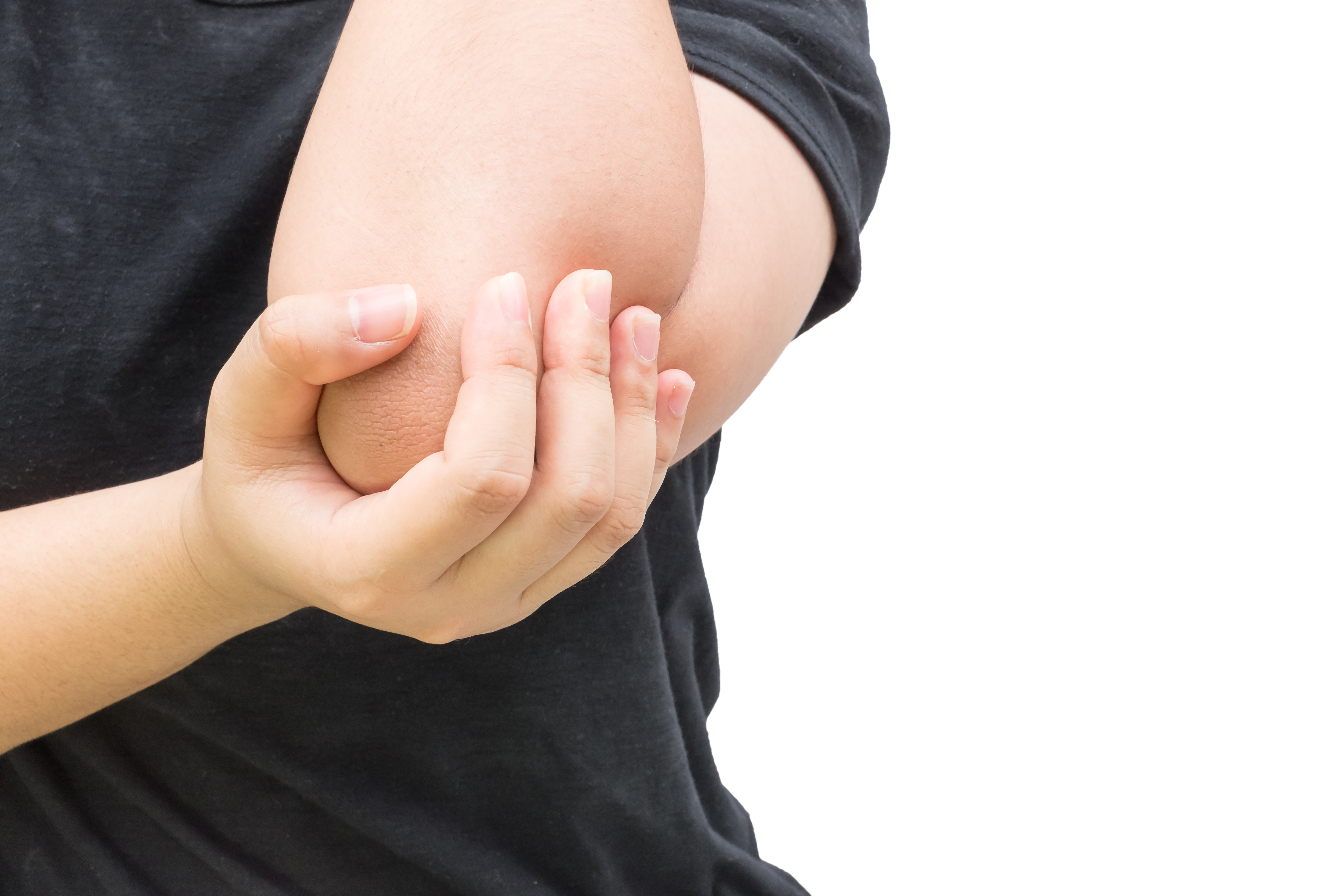Inflammation or irritation of the bursa which is a sac filled with lubricating fluid, located between tissues such as bone, muscle, tendons, and skin, that decreases rubbing, friction, and irritation.

Inflammation or irritation of the bursa which is a sac filled with lubricating fluid, located between tissues such as bone, muscle, tendons, and skin, that decreases rubbing, friction, and irritation.
Most common symptom is pain that may build up gradually or be sudden and severe, especially if calcium deposits are present.
Range of motion in the shoulder may be severe limited (“adhesive capsulitis” or frozen shoulder) as a result from the immobility and pain associated with shoulder bursitis.
DIAGNOSIS
Physician may do/request:
RECOMMENDED MEDICATIONS
Overview and FactsTypes and SymptomsDiagnosis & MedicationsOverview and Facts Referred pain is a phenomenon where pain is perceived at a [...]
Overview and FactsTypes and SymptomsDiagnosis & MedicationsOverview and Facts Quinoline yellow is a synthetic food colorant commonly used in the [...]
Overview and FactsTypes and SymptomsDiagnosis & MedicationsOverview and Facts Pneumothorax is a condition characterized by the presence of air in [...]